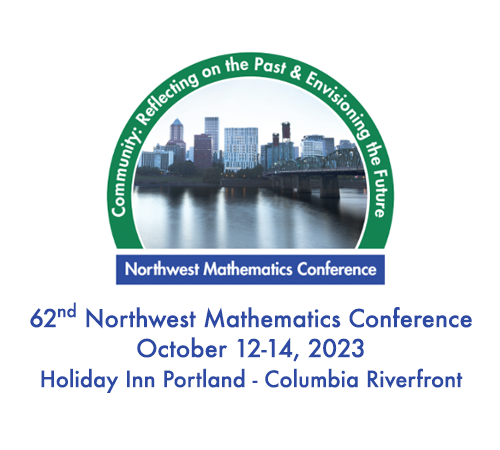Effective Teaching & Learning: Dramatic New Insights from Neuroscience T5
,
Holiday Inn Portland, Washington Room, Lower level
A growing body of research insight from neuroscience has revealed many surprises regarding teaching. For example, some forms of teaching can engage students’ sophisticated pattern recognition systems. This type of learning, long dismissed as simple “rote,” can be invaluable in making learning easier, particularly at more advanced levels. Sophisticated drill, as it turns out, leads to skill! And there are further surprises—for example, just because students know how to solve a problem does not necessarily mean that they can—or should—be able to explain it. In fact, forcing some neurally diverse students to explain their reasoning when they can already demonstrate their understanding can actually kill their motivation for deeper learning. In this talk, we will explore these and other counterintuitive insights from research that allow you to intelligently make use of students’ differing underlying approaches to learning. We will also explore the intimate connection between retrieval practice and the metaphors used in art, music, and poetry. Teachers often place their focus on fast learners—the “smart ones.” But as you will discover, slower learners can have real advantages at a neural level that allow them to be more accurate and flexible in their learning.
,
Holiday Inn Portland, Washington Room, Lower level
$ 50
Pre-conference Workshop
Presented by

Distinguished Professor of Engineering
Oakland University
Barbara Oakley, PhD, PE is a Professor of Engineering at Oakland University in Rochester, Michigan; a Visiting Scholar at the University of California, San Diego; and Coursera’s inaugural “Innovation Instructor.” Her work focuses on the complex relationship between neuroscience and social behavior. Dr. Oakley’s research on altruism bias and pathologies of altruism have been described as “revolutionary” in the Wall Street Journal—she has published in outlets as varied as the Proceedings of the National Academy of Sciences, the Wall Street Journal, and The New York Times. She has won numerous teaching awards, including the American Society of Engineering Education’s Chester F. Carlson Award for technical innovation in engineering education. Together with Terrence Sejnowski, the Francis Crick Professor at the Salk Institute, she co-teaches Coursera – UC San Diego’s “Learning How to Learn,” one of the world’s most popular massive open online courses with millions of students. Her book A Mind for Numbers: How to Excel at Math and Science (Even If You Flunked Algebra), (Penguin, 2014) is a New York Times best-selling science book that has sod over a million copies worldwide.
Dr. Oakley has adventured widely through her lifetime. She rose from the ranks of Private to Captain in the U.S. Army, during which time she was recognized as a Distinguished Military Scholar. She also worked as a communications expert at the South Pole Station in Antarctica, and has served as a Russian translator on board Soviet trawlers on the Bering Sea. Dr. Oakley is an elected Fellow of the American Institute for Medical and Biological Engineering.
,
Holiday Inn Portland, Washington Room, Lower level
$ 50
Pre-conference Workshop
